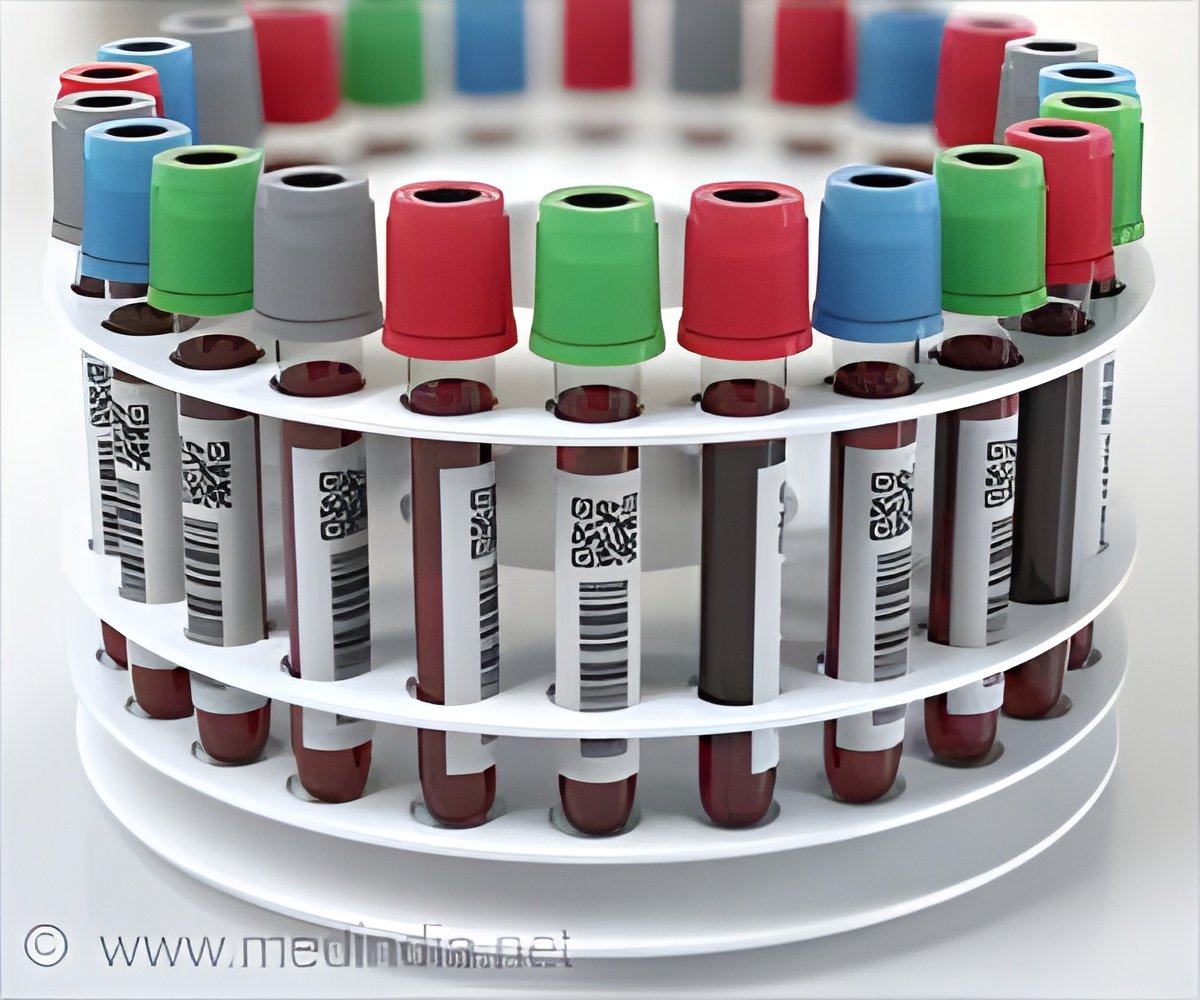'Electronic nose', an odor-based test accurately sniffs out hard-to-detect cancers and distinguishes between benign and pancreatic and ovarian cancer cells with up to 95% accuracy.

TOP INSIGHT
'Electronic nose', an odor-based test accurately sniffs out vapors emanating from blood samples of hard-to-detect cancers and was able to distinguish between pancreatic and ovarian cancer cells with up to 90 & 95% accuracy respectively. This revolutionary nanosensor device is set to commercialize for further research and clinical applications.
The team thus utilized artificial intelligence and machine learning to decipher the mixture of volatile organic compounds (VOCs) emitting off cells in blood plasma samples of 93 patients, where 20 patients were enrolled for each group – ovarian cancer, benign ovarian tumors, and control.
Among the participants, 13 for pancreatic cancer, 10 for benign pancreatic disease, and 10 for control were enrolled. It was found that this electronic olfaction system – “e-nose" (equipped with nanosensors), served as a non-invasive approach to discriminate the VOCs from ovarian cancer with 95% accuracy and pancreatic cancer with 90% accuracy and even 8 patients with early-stage cancers.
"It's an early study but the results are very promising. The data shows we can identify these tumors at both advanced and the earliest stages, which is exciting. If developed appropriately for the clinical setting, this could potentially be a test that's done on a standard blood draw that may be part of your annual physical," says A. T. Charlie Johnson, Ph.D., the Rebecca W. Bushnell Professor of Physics and Astronomy in Penn's School of Arts & Sciences.
The tool was devised to distinguish these VOC patterns in 20 minutes or less with an enhancement in detection speed by 20 fold. The team is currently working with VOC Health to commercialize the device, along with others, for research and clinical applications.
Source-Medindia
 MEDINDIA
MEDINDIA




 Email
Email










